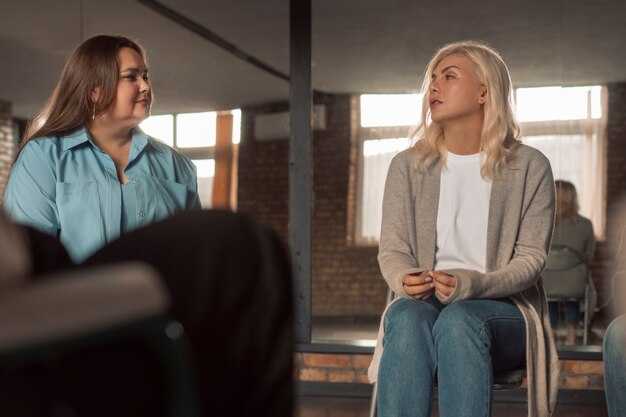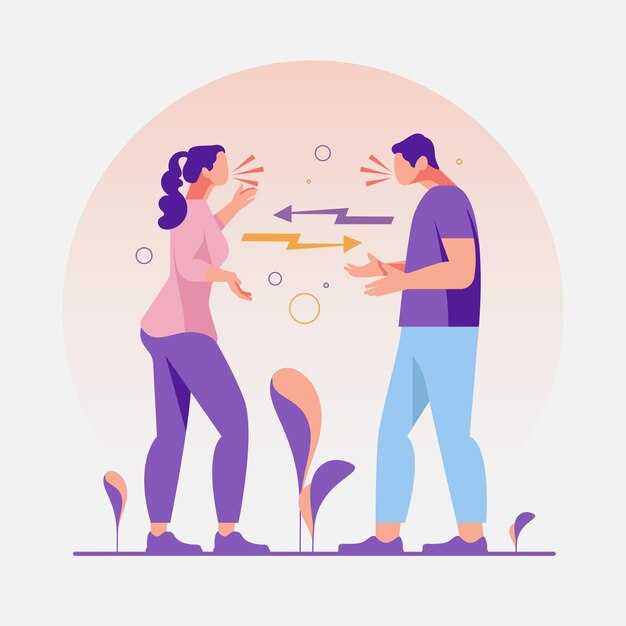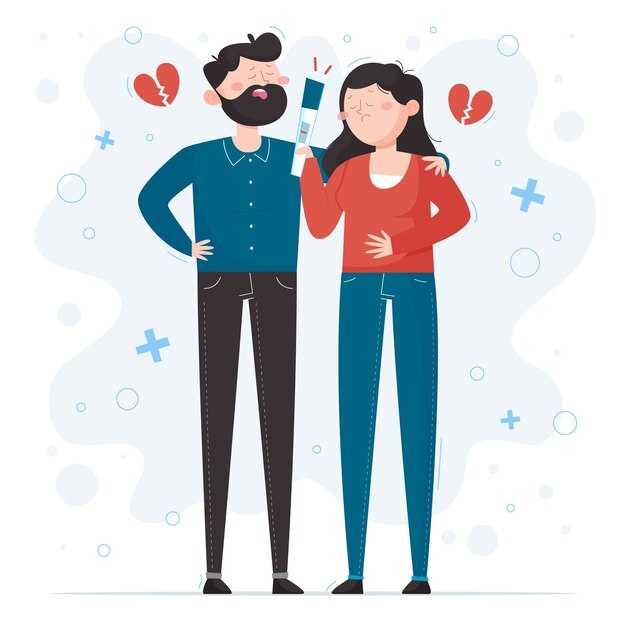Seventy percent of divorce filings are initiated by women, and while some men will bristle at that statistic and say it’s part of the problem, remember that women are about 70 percent more likely to ask their partners to attend counseling with them. Ask yourself how likely it is that the man actually wants to go—chances are it’s far less than 70 percent. This isn’t intended to shame men; women can neglect their partners too. My point is simply this: there is a pattern playing out in many relationships, and it would be wise to notice whether that pattern is healthy before it’s too late. I speak from experience — I became complacent and emotionally lazy. Pride and arrogance led me to construct a story in my head that I was right and she was wrong, and bit by bit our marriage unraveled. If you don’t pay attention, yours can too.
It’s far easier to break a relationship than to repair it. It’s simpler to drift apart than to deliberately protect the bond by making each other a priority and staying close. It takes far less effort to chip away at trust and emotional safety than to build them back up once they’ve been shattered. Don’t be so arrogant as to think it couldn’t happen to you. Be proactive — you don’t have to be surprised when she walks away. The warning signs are obvious: avoiding conflict, reacting defensively, dismissing her feelings, name-calling, telling her “your feelings aren’t my problem,” or saying “I guess nothing I do is good enough for you.”
I can already hear some of you saying, “But she does the same to me — she’s critical, passive-aggressive, never gives me credit.” This isn’t about assigning blame to one person. It’s about recognizing a toxic dynamic, and if you admit it’s unhealthy or unfair, what are you doing to change it? Why aren’t you the one to suggest counseling? Why aren’t you reading books on communication, conflict resolution, or how to love better?
We don’t save relationships by burying our heads in the sand and pretending there’s no issue while both partners voice complaints. There’s a better approach, and it requires you to understand that counseling should be a first step, not a last resort. Too many people seek help only after their marriage is effectively over; they learn useful communication and love skills then, but often they’re too far gone or unwilling to practice them.
You have the chance to alter the course of your relationship, but it demands humility and accountability. Stop fighting with each other and start fighting for the health of your union. Recognize that you may never have learned what a healthy relationship looks like — and it might not become apparent until you sit in therapy, confront your trauma, and read insightful books. Suddenly you’ll realize, “I didn’t know what I didn’t know,” and that you were hurting your partner without meaning to. That awakening is the moment your partner can begin to see the person they fell in love with years ago. Don’t wait as long as I did to have that light-bulb moment.
What to expect in counseling: the first few sessions are usually an assessment — the therapist will ask about your history, patterns, and goals. Counseling can be practical and skills-based (communication, conflict resolution, structure) or deeper and emotion-focused (rebuilding attachment, healing trauma). Many couples find it helpful when the therapist assigns “homework”: structured conversations, timed check-ins, or exercises to practice new ways of listening and responding. Progress is rarely linear; expect small wins and setbacks, and view therapy as a place to practice new habits, not as a quick fix.
How to bring up counseling: lead with curiosity and care. Try an “I” statement: “I love you and I don’t want us drifting apart. I’d like to try one counseling session together to see if it helps.” Offer specifics — propose a date, suggest a short trial period (e.g., four sessions), or say you’ll handle scheduling. Avoid blame when you open the conversation; emphasize that the goal is to make the relationship better for both of you.
If your partner resists: resistances are common. If they refuse couples therapy, consider offering alternatives that feel safer: an initial phone consultation with a therapist, attending one session alone, reading a recommended book together, or trying an online couples program. You can still start changing patterns on your own — individual therapy, reflective reading, and consistent behavior change often shift the relationship dynamic and make the other person more open to help.
Concrete daily practices that help: 1) A daily appreciation ritual — each partner names one thing they valued about the other that day. 2) Weekly check-ins — set 20–30 minutes to talk about relationship concerns without interruptions. 3) Active listening — practice repeating back what you heard before responding. 4) Time-outs — when conflict escalates, agree to pause, cool down, and come back at a set time. Small, consistent practices rebuild safety and trust faster than dramatic gestures.
How to choose a therapist: look for someone licensed with experience in couples work, and ask about their approach (e.g., Gottman Method, Emotionally Focused Therapy). A good fit matters — don’t be afraid to try a different therapist if the first one isn’t helping. Ask about session length, typical number of sessions, fees, insurance, and whether they give homework. A brief phone consultation can help you assess whether they feel neutral, respectful, and practical.
Recommended resources: books that many couples find practical include The Seven Principles for Making Marriage Work (John Gottman), Hold Me Tight (Sue Johnson), Nonviolent Communication (Marshall Rosenberg), and The Relationship Cure (John Gottman & Joan DeClaire). Workbooks and guided online programs can also reinforce skills learned in therapy.
When to get urgent help: if there’s physical violence, threats, ongoing severe substance abuse, or any coercive control, prioritize safety first. Reach out to trusted friends, family, or local services and consider individual support for leaving or creating safety plans. Counseling is valuable, but safety cannot wait for insight or change.

Final note: change is possible, but it requires humility, patience, and consistent effort. If you begin to practice new ways of relating, encourage your partner with empathy rather than defensiveness, and stay committed to growth, you increase the odds that your relationship will not only survive but become healthier and more loving than before.


 Ho aspettato PER TROPPO TEMPO per andare in Counseling!">
Ho aspettato PER TROPPO TEMPO per andare in Counseling!">

 The ‘Magnet’ Trap: Why Super Empaths Always Attract Avoidants">
The ‘Magnet’ Trap: Why Super Empaths Always Attract Avoidants">
 What she WANTS during a FIGHT!">
What she WANTS during a FIGHT!">
 The One Thing You MUST Say to Avoidants… Before They Disappear for Good | Avoidant Attachment Style">
The One Thing You MUST Say to Avoidants… Before They Disappear for Good | Avoidant Attachment Style">
 You don’t deserve to be ABUSED! || Narcissism is abuse">
You don’t deserve to be ABUSED! || Narcissism is abuse">
 I Neglected my Relationship.">
I Neglected my Relationship.">
 Great Friendships Grow When You Master These Skills">
Great Friendships Grow When You Master These Skills">
 Se Matrimonio e Figli sono Ciò Che Desideri, Ecco Cosa Fare">
Se Matrimonio e Figli sono Ciò Che Desideri, Ecco Cosa Fare">
 Ti interessa DAVVERO come si sente il tuo PARTNER?">
Ti interessa DAVVERO come si sente il tuo PARTNER?">
 Perché non è più IN THE MOOD">
Perché non è più IN THE MOOD">
 Narcisismo vs. Attaccamento Evitante">
Narcisismo vs. Attaccamento Evitante">